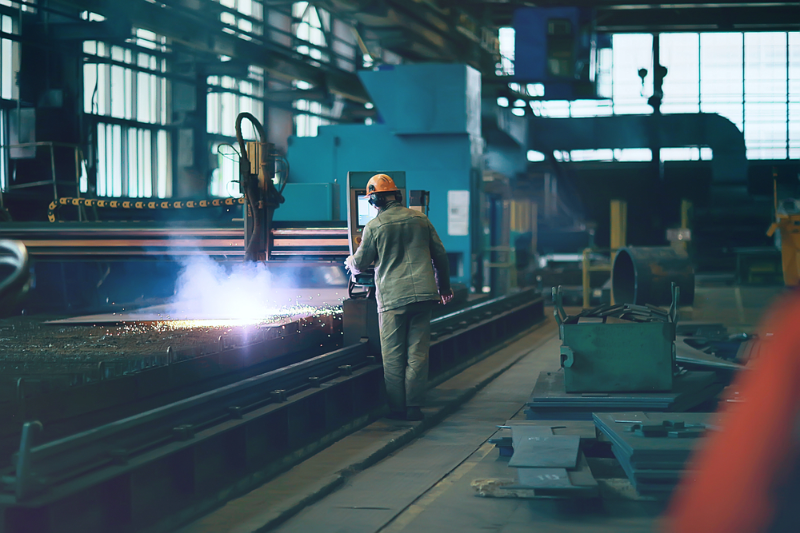In a world where machines become more and more vital in the world of manufacturing, the metalworking industry needs more qualified CNC operators. According to
Deloitte an estimated 3.5 million positions in manufacturing will be available by 2025, with only 1.5 million expected to be filled. This exciting career requires a really broad skill set —math, mechanical design, interpretation of technical drawings and an eye for detail in order to properly transform a metal casting into a working part. It’s a unique fusion of digital and physical work. Let’s take a look at how exactly to become a CNC machinist and where your career might take you.
What does a CNC machinist do?
CNC machinists work with CNC heavy machinery all the way from setup through operation. CNC machines cut, grind and drill raw materials so that they can be used across many different areas of manufacturing. Machinists are responsible for overseeing these machines and making the adjustments that control the speed, how the material feeds and path of where to cut. As a CNC machinist you are a critical member of an entire industrial engineering team. You are a builder, fabricator, mechanic, craftsman and quality assurance specialist all rolled into one. According to the
US Bureau of Labor Statistics the median annual salary for CNC machinists is around $45,000.
How do I become a CNC machinist?
Step 1: Earn a high school diploma
Machine operators who've completed a high school education are usually preferred by employers. High school courses in math, shop, and computer programming, although not necessary, might be especially helpful to those looking to enter this career field from an early age.
Step 2: Get a certificate or degree
Community colleges and vocational schools offer many certificate and associate's degree programs that teach the skills applicable to CNC machine operator work. Even better, a CNC machinist or operator certificate program takes just a few weeks or months to complete.
Step 3: Get certified
Those seeking to increase their skill set may want to consider getting a certification. Many schools and organizations offer certification for the industry. These types of specializations along with experience can make a machinist more valuable in the eyes of an employer. Typically, it can take around four or five years of education and on-the-job training to become fully trained and certified.
Step 4: Apprenticeships
Apprenticeships will pair businesses with students who are studying and are paid and working at the same time. Apprenticeships allow businesses to retain workers who want known career paths and the ability to earn more take-home pay.
Career path
One of the most appealing aspects of training to be a CNC machinist is just how many different career paths it can take you on:
- Long-term operator – Most entry-level CNC machinists start as machine operators, gaining skills and experience as they progress.
- Set-up machinist – From a machine operator, many machinists transition into being put in charge of setting-up CNC machines. This includes understanding GD&T (geometric dimensioning and tolerancing) and making changes at the CNC machine’s controller.
- CNC programmer – As a CNC programmer, your job is to create the code that tells the CNC systems how to make the part you need. This includes programming, designing parts and optimizing performance. Often, you will also be responsible for inspection of your parts.
- Manager – As you progress, you can eventually lead and manage others. Managers train employees in the proper use of equipment, enforce safety regulations, assign tasks, and oversee employees' work. They also interpret blueprints and develop plans for how to complete a project. This is as well as upgrading and maintaining machinery, ordering parts, and making sure repair records are kept up to date.
CNC machinists are in high demand, especially those with programming skills and knowledge of advanced machinery. It’s a fantastic job with opportunities all over the country - and we want to help you make the most of them.
View our latest CNC machinist roles and take your next career step.





